What is a Natural Gas Pig?
A Natural Gas Pig is a mechanical device used for cleaning and maintaining the inside of pipelines. It is propelled by pipeline pressure, removing deposits and impurities to ensure efficient flow and safe operation of the pipeline.
Importance of Natural Gas Pig in Pipeline Maintenance
Enhancing Operational Efficiency
Natural gas pigs play a crucial role in pipeline maintenance. They effectively remove deposits and debris from the pipeline interior. This cleaning process ensures optimal flow efficiency. As a result, pipelines can transport natural gas more efficiently. Reduced blockages lead to lower energy consumption. Consequently, the overall operational costs decrease. Regular pigging operations also extend the lifespan of pipelines. This proactive maintenance prevents costly repairs and replacements. By maintaining cleanliness, natural gas pigs improve the pipeline’s performance. They also help operators detect and address potential issues early. This pre-emptive measure minimizes downtime and increases productivity.
Ensuring Safety and Environmental Compliance
Safety in pipeline operations is paramount. Natural gas pigs contribute significantly to this aspect. By cleaning the pipeline, they reduce the risk of corrosion and leaks. This prevention is vital for avoiding hazardous incidents. Additionally, natural gas pigs help in detecting structural weaknesses. Early detection allows for timely repairs, ensuring safety. Environmental compliance is another critical factor. Clean pipelines reduce the chances of natural gas leaks. This reduction helps in protecting the environment. Moreover, regulatory bodies often mandate regular pigging. Compliance with these regulations avoids legal complications. Overall, natural gas pigs ensure safe, efficient, and compliant pipeline operations.
How to Pig A Pipeline?
Debris, grease, corrosion, and cracks that build up in natural gas pipelines pose a significant threat to flow integrity and can lead to accidents. Fortunately, a specialized tool called a “pipe pig” can help prevent these problems and maintain optimal flow assurance.
What Is Pigging In Oil and Gas Pipelines?
In the oil and gas industry, pigging is a form of flow assurance—pipe pigging, cleaning, and checking pipes to keep them running smoothly. However, due to the dangerous operation, pigging must be carried out by experienced professionals.
Why Are They Called Pigs?
Why is this process called “pipe pigging”? There are many different theories. One version holds that a leather-bound tool passes through the pipe, making the sound of a pig squealing as it passes. Another way of saying it is that at the end of cleaning, it lies like a pig in a pile of mud, hence the name Pigging.
Types of Natural Gas Pigs
Foam Pigs
Applications and Benefits
Foam pigs offer versatility in pipeline maintenance. Operators use it to clean, dehydrate, and dry pipes. Their lightweight design ensures easy deployment and maneuverability. Foam pigs can navigate complex pipeline geometries. They effectively remove light debris and water. Additionally, they are cost-effective and reusable. This makes them ideal for a range of maintenance tasks. Their flexibility allows for use in pipelines of varying diameters. They also reduce the need for extensive equipment, simplifying operations.
Limitations and Considerations
However, foam pigs have certain limitations. They may not effectively remove heavy or hardened deposits. This limits their use in pipelines with significant buildup. Additionally, they can wear out quickly in abrasive environments. Frequent replacement can increase operational costs. Operators must also consider the potential for foam degradation. This can occur in pipelines with aggressive chemicals. Therefore, it’s crucial to assess the pipeline conditions before use.
Steel Mandrel Pigs
Structure and Design
Steel mandrel pigs feature a robust design. They consist of a steel body with replaceable components. This includes brushes, discs, and cups. Their construction ensures durability and long-term use. The modular design allows for easy customization. Operators can adapt the pig to specific pipeline needs.
Typical Uses and Advantages
Steel mandrel pigs excel in heavy-duty cleaning tasks. They effectively remove tough deposits and scale. This makes them ideal for pipelines with heavy buildup. Additionally, they can handle high-pressure environments. Their durability reduces the frequency of replacements. This results in lower maintenance costs over time. Steel mandrel pigs also provide consistent cleaning performance. Their design ensures thorough contact with the pipeline interior.
Brush Pigs
Cleaning Capabilities
Brush pigs are designed for effective cleaning. They feature brushes that scrub the pipeline interior. This action removes debris, rust, and scale. Brush pigs can be used in various pipeline materials. They are particularly effective in metal pipelines. Their cleaning capability ensures optimal flow efficiency.
Common Industries and Applications
Brush pigs find use in multiple industries. The oil and gas sector relies heavily on them. They are also used in water and wastewater pipelines. Chemical processing plants use brush pigs for routine maintenance. Their versatility makes them a popular choice.
Bi-Directional Pigs
Operational Mechanism
Bi-directional pigs offer unique operational advantages. They can move in both directions within the pipeline. This is achieved through a symmetrical design. The pig’s sealing elements create a tight seal. This allows for effective cleaning and inspection.
Key Benefits
The bi-directional capability enhances operational flexibility. Operators can clean and inspect without repositioning the pig. This saves time and reduces operational complexity. Additionally, bi-directional pigs are useful in pipelines with limited access points. They can enter and exit through the same opening. This simplifies maintenance operations. Their design also ensures thorough cleaning. This improves pipeline efficiency and safety. Bi-directional pigs are valuable for comprehensive pipeline maintenance.


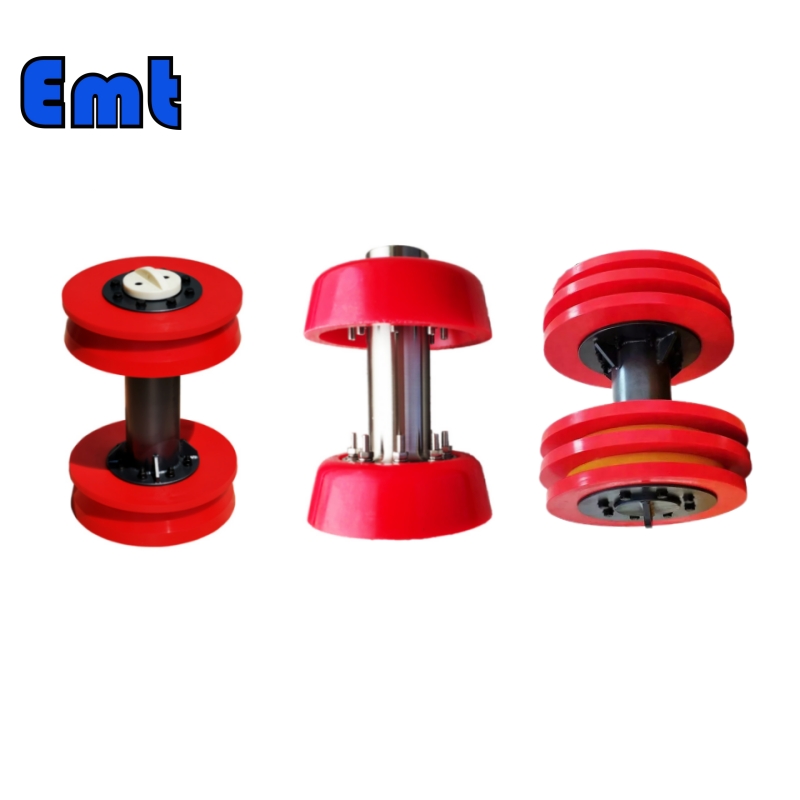
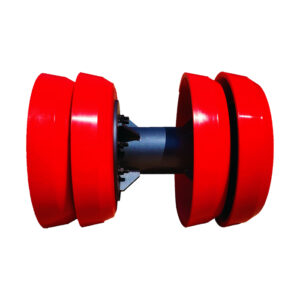
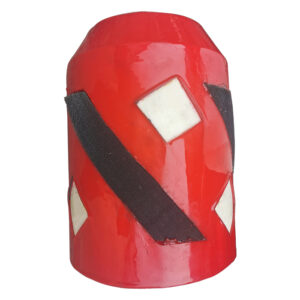
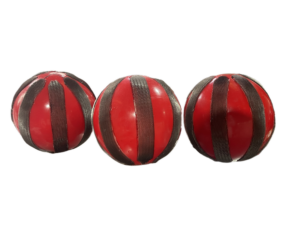
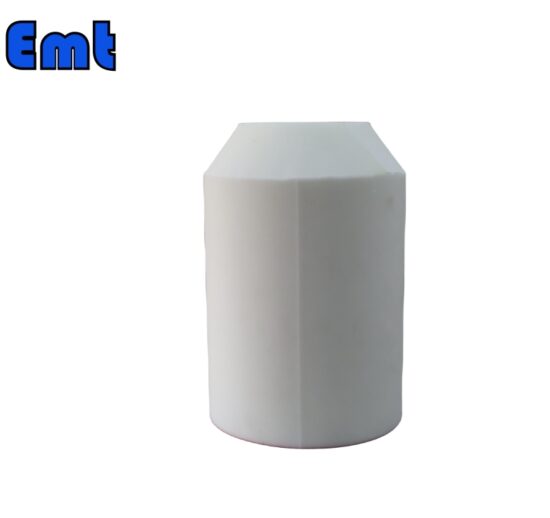
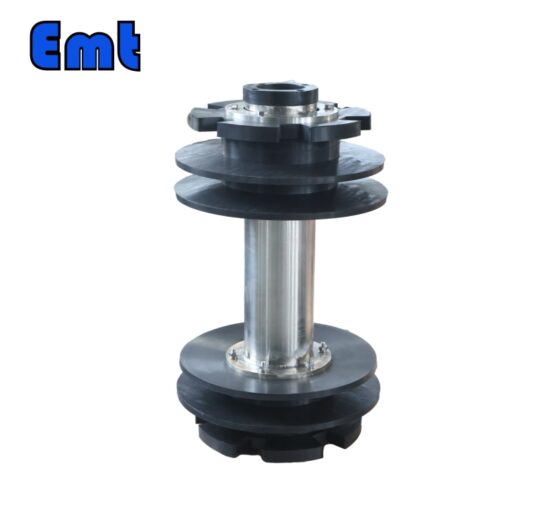
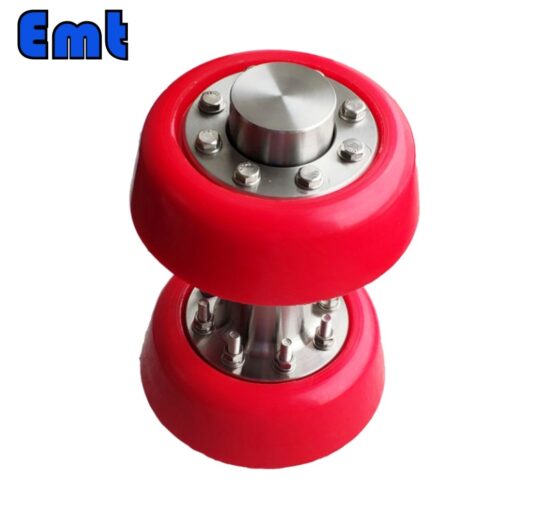
Отзывов пока нет.